A New York appeals court judge has denied Donald Trump’s request to postpone his Friday hush money case.
After a brief hearing on Tuesday afternoon, Associate Justice Ellen Gesmer quickly denied Trump’s request.
Trump asked on Tuesday to halt the proceedings in the hush money case, including his scheduled sentencing on Friday, while he appeals his conviction, after the trial judge, Judge Juan Merchan, denied his request.
Todd Blanche, Trump’s attorney and the president-elect’s pick for deputy attorney general in his new administration, argued Tuesday to the New York Appellate Division, First Department, that Trump’s sentencing should be halted, acknowledging that the situation was unprecedented.
Blanche stated that the Supreme Court’s July decision on presidential immunity provides Trump with constitutional protection.
Though Merchan had denied two arguments to overturn Trump’s conviction, Blanche contended that either of those arguments should grant them a stay of proceedings while the appeal is heard.
Gesmer, who presided over the hearing, asked Blanche if there was any precedent for his request that presidential immunity be extended to the president-elect.
“There has never been a case like this before, so no,” Blanche explained.
Manhattan District Attorney’s Office Chief of Appeals Steven Wu argued that Trump’s lawyers have not presented any evidence that a one-hour sentencing hearing would interfere with Trump’s duties as president-elect.
“Now is the best time for this to happen here,” Wu informed us. He acknowledged that the DA’s office has agreed with Trump’s legal team that summoning a sitting president for sentencing on a state matter will be significantly more difficult.
“The sentencing has to happen at some point, right?” Wu said.
Blanche described Trump’s sentencing as a “extraordinary” imposition, noting that a criminal sentencing is “a big deal” in someone’s life, even if it only takes an hour. The judge cut him off, saying Merchan would have been happy to sentence Trump in July.
Trump is appealing his conviction on 34 counts of falsifying business records, claiming that it should be overturned because of the Supreme Court’s presidential immunity decision and because he is now president-elect.
Merchan has rejected both of those arguments, scheduling the sentencing for Friday and prompting Trump’s attorneys to file an appeal to halt the sentencing.
However, Merchan indicated that he would not sentence Trump to any punishment.
When asked if Merchan’s statement that he would not impose a prison sentence should be taken seriously, Blanche replied, “I don’t know how anybody could give any weight to that” because it is hypothetical.
When Gesmer asked Blanche what presidential immunity arguments would provide Trump with a stay pending appeal, he said he’s relying on sitting presidential immunity and Merchan’s December decision on whether there were evidentiary issues at trial involving presidential immunity.
Blanche argued that these arguments should allow Trump to seek a stay of proceedings while the appeals court determines whether Merchan was correct.
Blanche also argued that the court should consider the Department of Justice’s decision to decline to prosecute Trump in his two federal cases after he was elected president.
“There is no case law and that is true, but that doesn’t mean we can’t look at what has happened,” Blanche told me.
Gesmer disagreed, stating that she does not find the analogy useful.
The judge also asked the prosecution if there was any precedent for presidential immunity extending to the president-elect, which Merchan rejected.
“There is none whatsoever for that claim,” Wu said later, arguing that the theory of immunity for a president-elect contradicts the notion that there can only be one sitting president at a time.
If the appeals court rules against Trump after Tuesday’s hearing, he can still file additional appeals to try to prevent Friday’s sentencing.
In May, Trump was convicted on 34 counts of falsifying business records for payments to his then-lawyer Michael Cohen to reimburse a $130,000 hush money payment made to adult-film star Stormy Daniels to prevent her from speaking out about an alleged affair before the 2016 election. (Trump denied the affair.)
Trump is scheduled to be sworn in as president in less than two weeks. If his lawyers are successful in halting the proceedings, the hush money case could drag on for months while they file an appeal to overturn Trump’s conviction.

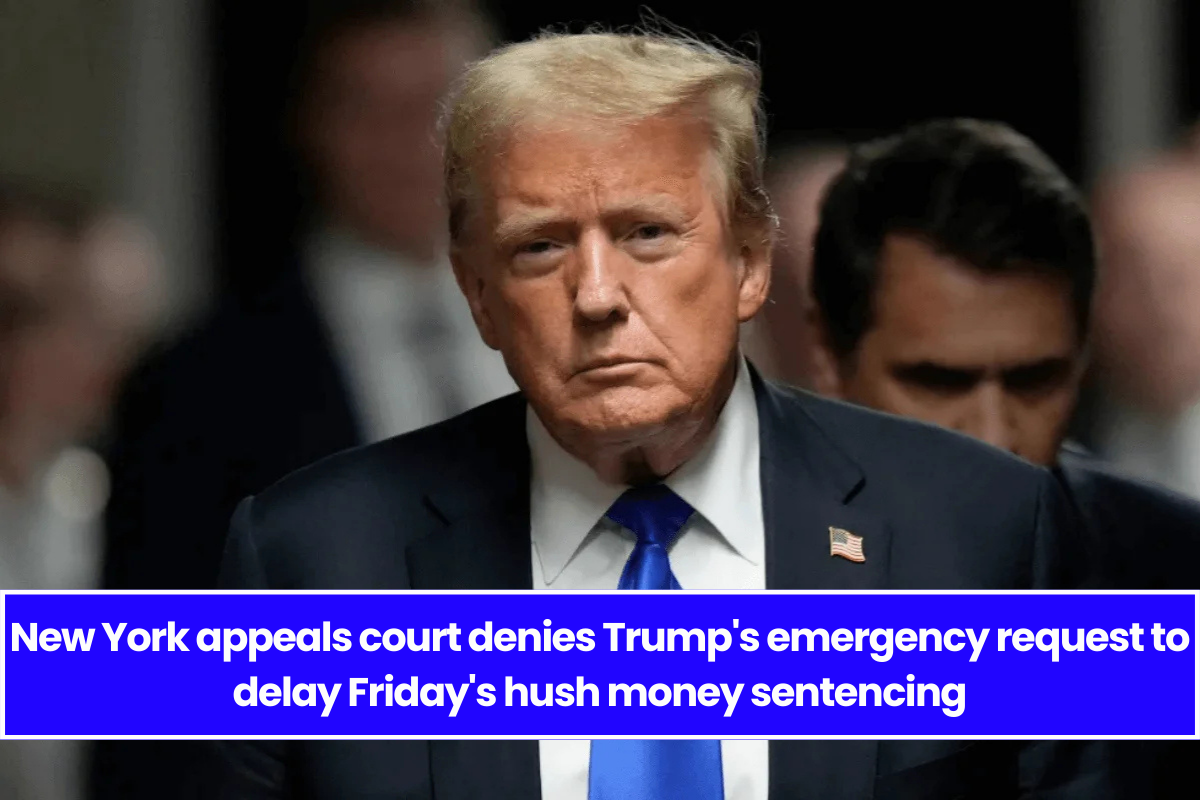


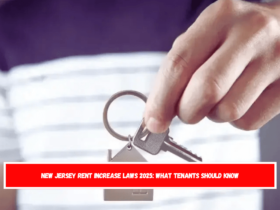
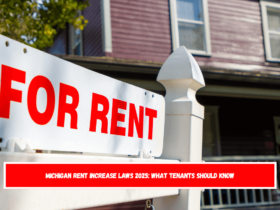

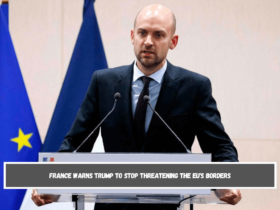


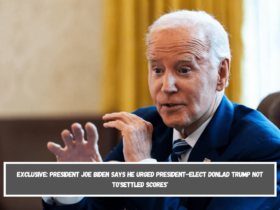
Leave a Reply